There is a lot of information out there about how to quit drinking but not much on what happens during withdrawal. A lot of people who are looking for help, can’t find anything that accurately explains the process or how to deal with cravings.
This blog post will give you some tips and tricks to get past the first few days so you can start feeling better.
Recognize the triggers that are causing you to drink
Knowing your triggers is important in reducing and eventually stopping drinking. There are government resources that can help you to begin to identify yours.
You can start by keeping track of when you drink, what the trigger was for each time that you drank, why it was a trigger (i.e., did someone bring alcohol to an event, or were they talking about their favorite beer?), or how strong your urge/desire to have more drinks are before and during these events.
Recognizing one’s own triggers is helpful in curbing impulse control issues related to substance abuse disorders including alcoholism.
Keeping a journal detailing different instances where there may be temptation associated with something else might help identify them.
Start small when trying to reduce your drinking
When you are first trying to reduce your drinking, start small. For example, try having just one or two drinks at a time instead of consuming more than that in the same sitting.
You may also want to consider avoiding events where binge drinking is to be expected and using smaller glasses when serving yourself.
Learn how to cope with healthy habits
Alcohol withdrawal symptoms commonly include restlessness, insomnia (trouble sleeping), tremors in hands when not using them for other purposes such as shaking while holding an object, etc., and nausea/vomiting feeling on going to vomit is common during this period.
Particularly, if there was recent use of medication against vomiting too often which will make it difficult to control both at once; change in appetite leading to either loss or increase weight gain.
By actively engaging in healthy behavior, you can lessen the impact of these symptoms. Ensuring you get a good night’s rest, drinking plenty of water, eating a healthy diet, and getting exercise are just some of the things you can do to help.
Find a support group in your area or online
Finding an alcohol support group can help you to find ways to cope with cravings. Many of these groups are free and have a very relaxed environment, which is beneficial for those struggling with addiction as it makes them feel welcome without being judged or made to feel bad about their struggle.
Alcohol abuse has reached levels not seen in decades so seeking out assistance at any point could be beneficial even if the problem does seem minor to you.
If you don’t feel up for joining a group, you can always speak with a friend or family member that you trust. Most of us have at least one person that we can confide in, and it may do you some good to get some of the thoughts out there.
That being said, not everyone is comfortable speaking to their family about addiction problems so online resources like forums can be another good option.
Also read: 5 Ways To Deal With An Addicted Loved One
Give yourself some “me” time
Doing something you enjoy, like a hobby or sport, can help reduce the impact of alcohol withdrawal and cravings.
Doing something enjoyable like reading books or watching movies could be an effective distraction during those times when one is tempted to drink again after quitting.
This helps people not only avoid drinking but also reduces their chances of relapse in future situations where temptation might arise.
Don’t put yourself in a position where you’ll be tempted to drink
Avoiding friends that may try to get you to drink or events where alcohol is served can help prevent relapse before it even starts. If there are certain bars, clubs, or restaurants that you know offer drinks, then you shouldn’t go near them when working to manage alcohol withdrawal symptoms.
If you’re not quite ready for total abstinence from alcohol altogether yet and working on this goal with friends who still indulge too much too frequently, then perhaps it’s better if you don’t attend any get-togethers with those friends until you’ve conquered your habit – another way would be to find new activities you can all engage in where there won’t be any alcohol present.
Likewise, if your friends are heavy drinkers, it would be wise to try and seek out other people to spend your free time with. Reach out to people you haven’t seen in a while, they’d likely be happy to hear from you.
All in all, this is a time to focus on your health. Odds are you know what’s good for you.
Helpful & Informative Resources:
- Alcohol Rehab Centers in Maine
- Drug and Alcohol Detox Center in Los Angeles
- Alcohol and Drug Detox in The Woodlands
Siggi Clavien worked in the alcohol industry for 15 years before launching Equilibrium Labs 10 years ago. With the help of my medical and advisory board, my aim is to reduce preventable liver disease through a combination of education, research, and product development. You can learn more about the work they do at https://www.equilibriumlabs.com/.










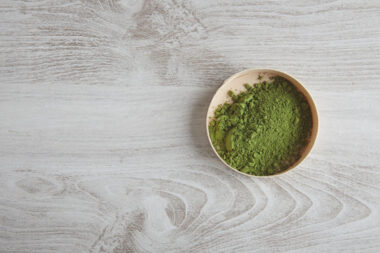






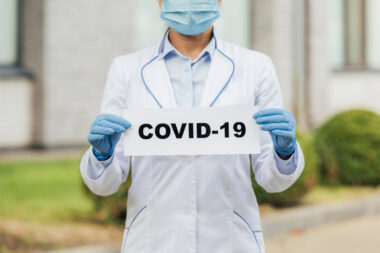









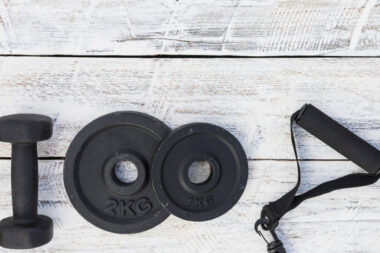
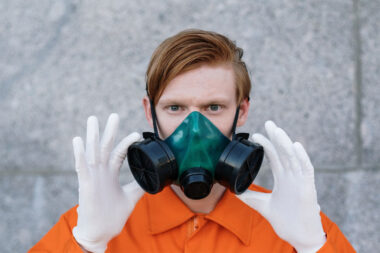
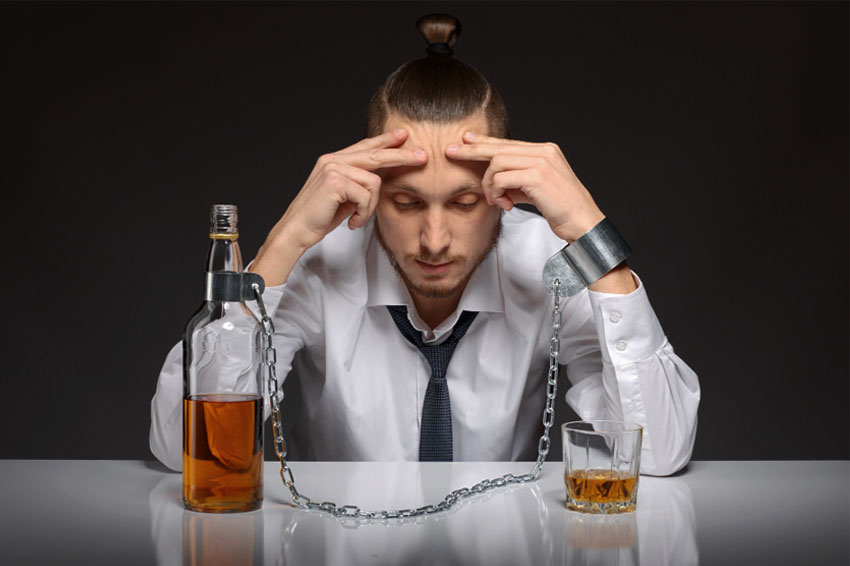









Leave a Reply